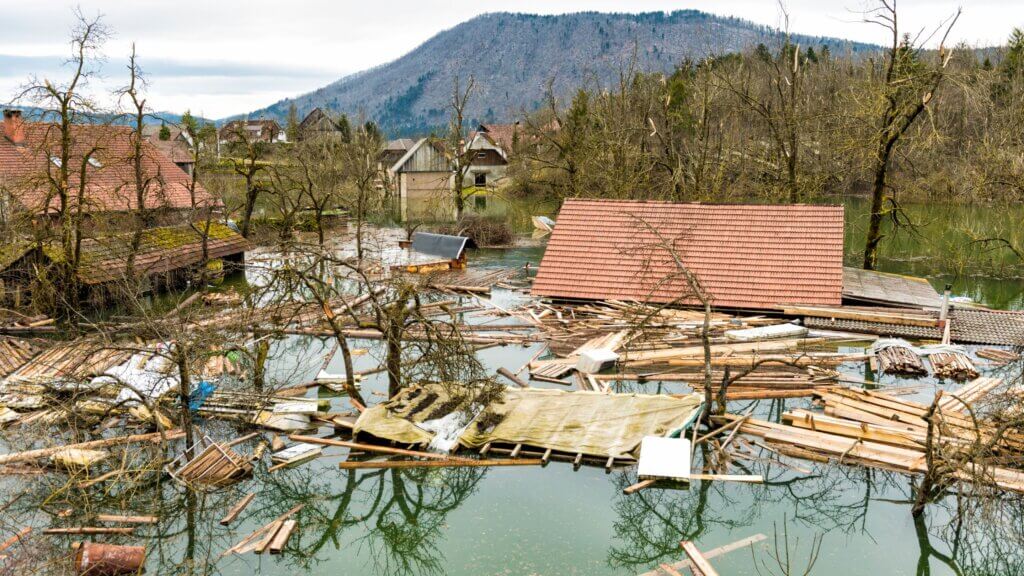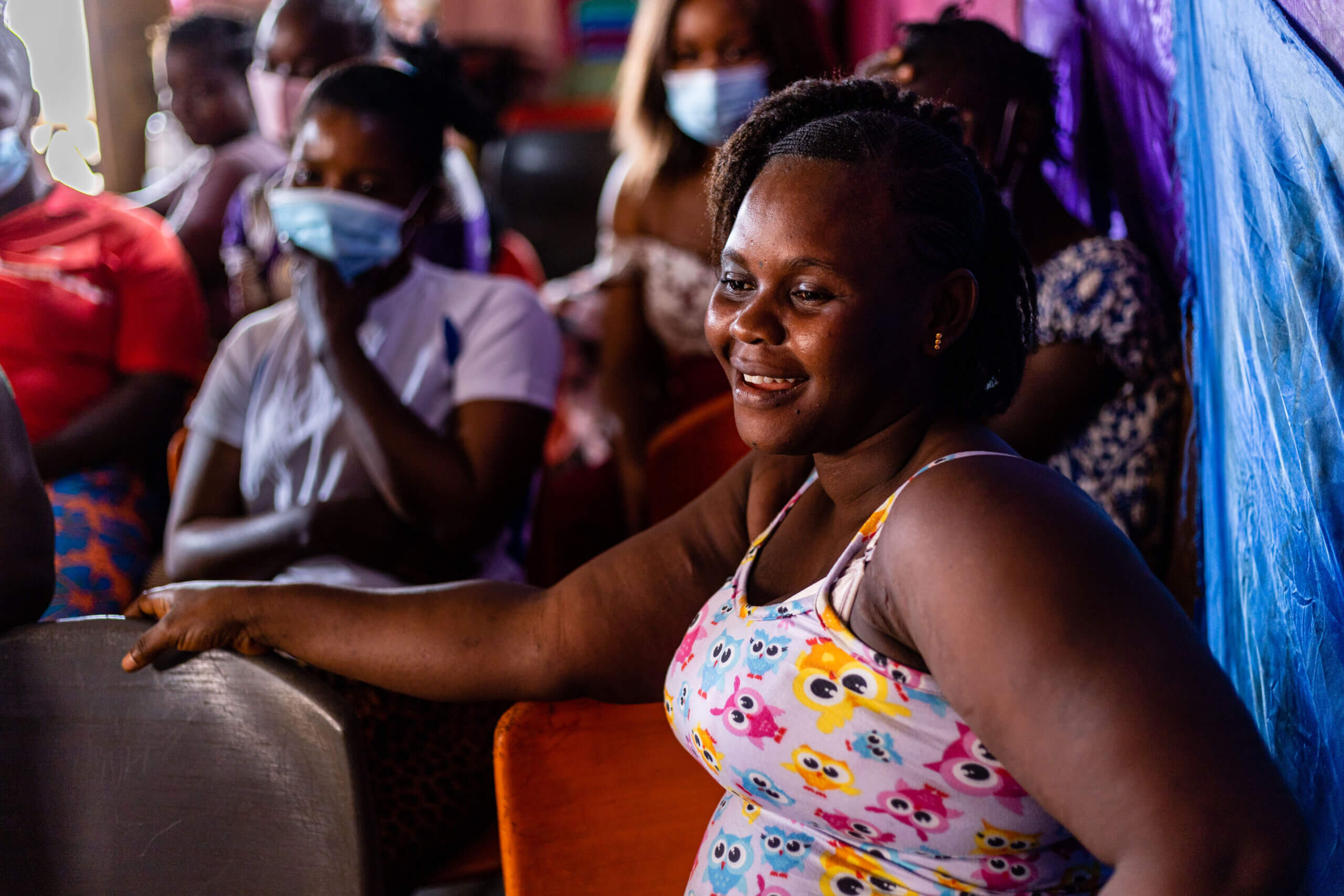Voices from the Pakistan floods
In times of crisis, the demand for sexual and reproductive healthcare rises while access falls. Your support was instrumental in assisting MSI’s local teams working in crisis and emergency settings last year. From the floods of Pakistan to conflict-affected Myanmar, your support helped ensure that women’s reproductive health services remained accessible wherever possible.
Dr. Tasneem Fatima, a representative from MSS, a Pakistan NGO supported by MSI, shares her firsthand experiences from the frontlines of the crisis there.
“In the summer of 2022, more than a third of Pakistan was submerged under flood water in a climate disaster. Over 1,700 people died. People lost their homes, businesses, and certainly any conventional access to healthcare.

“Almost all of our providers are women, and their bravery has been extraordinary. We’ve traveled to 1,600 emergency flood relief camps, serving more than 185,000 people with sexual and reproductive healthcare. We’ve also contributed to primary healthcare efforts, providing treatment for skin infections and diarrhea whenever possible. We’ve been distributing menstrual health kits so that women and girls can manage their menstrual health on their own, which is an essential aspect of their dignity.
“In Pakistan, we are living through the stark reality of the climate crisis. We’re being told to expect more events like this. We must prepare for the future. That means delivering climate-resilient reproductive health programs and strengthening community healthcare infrastructure.” – Dr. Tasneem Fatima, MSS
“Amid all of this, our team remained resilient. Our unique offering to this emergency response has been our 15 mobile outreach clinics traveling into affected areas to reach people where they are. Going to the frontlines has been difficult, people we’ve come across have told me: ‘You are the first people to come here and help us.’
“Displaced women are coming up to our vans seeking prenatal and postnatal care, emergency contraception, condoms, and clean birth delivery kits. I know of two women who have come to us in labor—our midwives brought them into our care, delivering their babies safely into the world in the back of a van. I remain deeply concerned for the health of the estimated 650,000 pregnant women in these flood-affected areas. The maternal mortality rate here is already incredibly high, and while there’s no reporting yet on how this disaster has affected maternal deaths, I’m certain it won’t be positive news.”
In 2022, MSI provided support to over 3.5 million people in humanitarian settings, including in Afghanistan, Pakistan, Myanmar, the Sahel region of Africa, and the Tigray region of Ethiopia.






